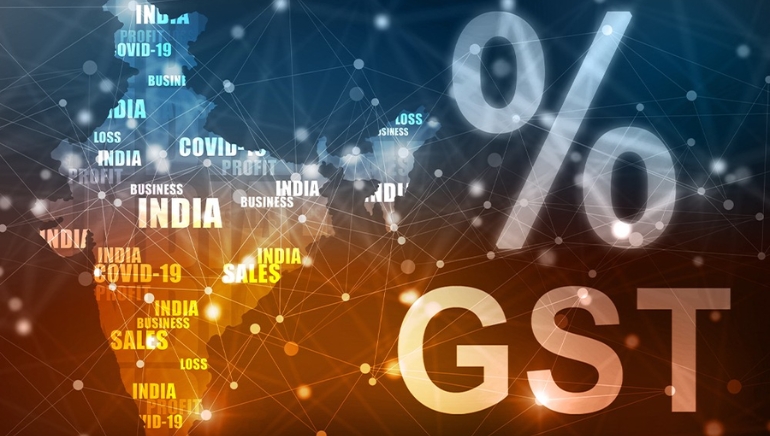In August, India collected 1.75 trillion rupees ($20.87 billion) in goods and services tax (GST), up 10% over the same month the previous year when the collection was 1.59 trillion rupees. Since being implemented on July 1, 2017, GST has altered India’s tax environment, replacing a variety of indirect taxes such as excise duty, VAT, and service tax.
GST has decreased the overall tax burden, simplified compliance, and increased transparency and economic growth, all of which accord with India’s vision of ‘Ek Bharat Sreshtha Bharat.’
As of August 23, India’s foreign exchange reserves were at a record $681.69 billion, up $7 billion from the previous week. The Reserve Bank of India, which manages these reserves, intervenes in the foreign exchange market to control rupee volatility. Reserves change as a result of RBI operations and foreign asset appreciation or depreciation. During the week, the rupee fluctuated between 83.7550 and 83.9650 before closing at 83.8625 on Friday, indicating its second straight monthly fall.
GST collections have grown significantly, with the fiscal year 2023-24 collections reaching 20.18 lakh crores, up from 18.08 lakh crores in 2022-23, indicating increasing compliance and economic stability.














